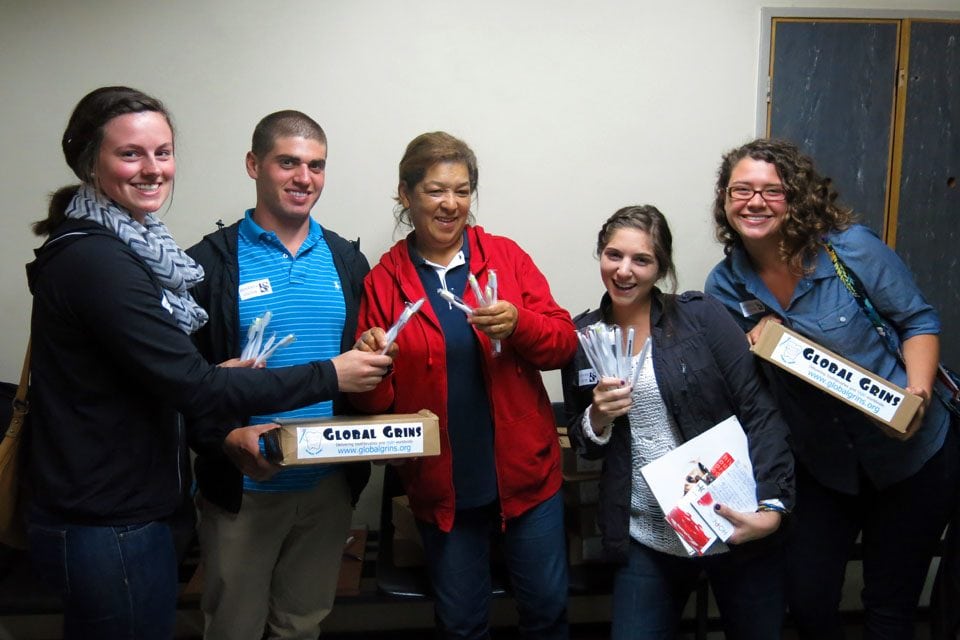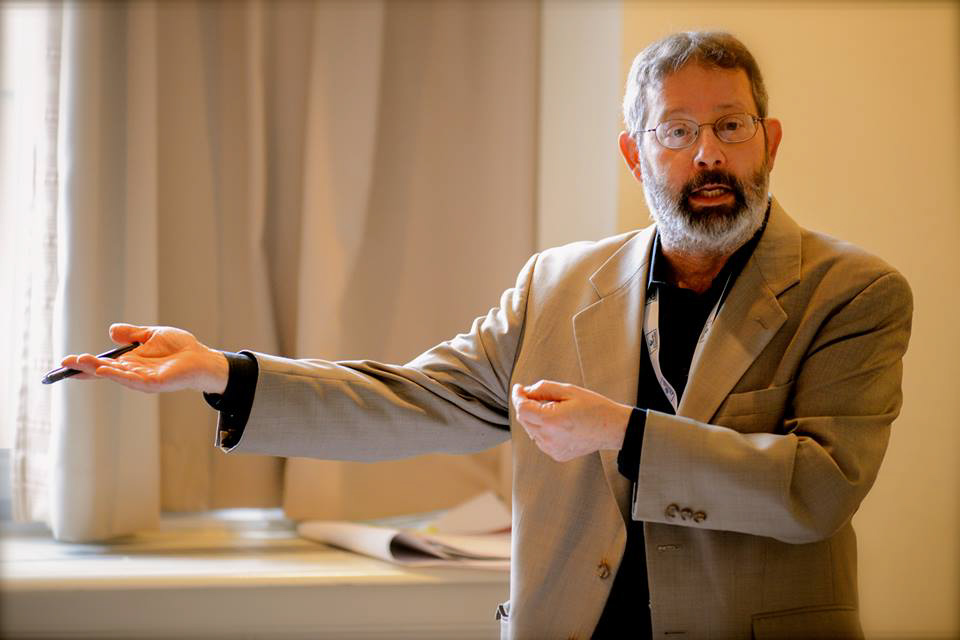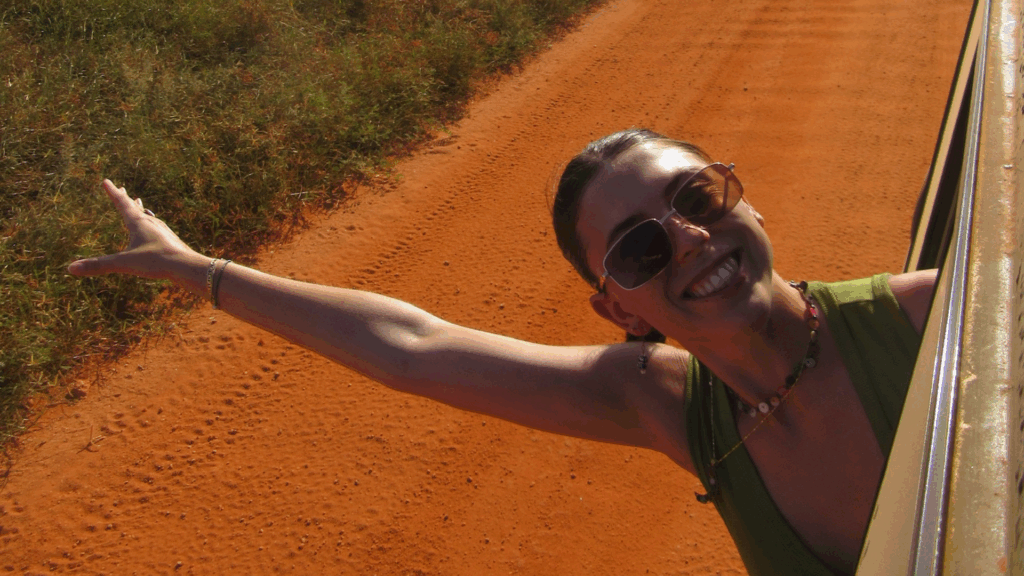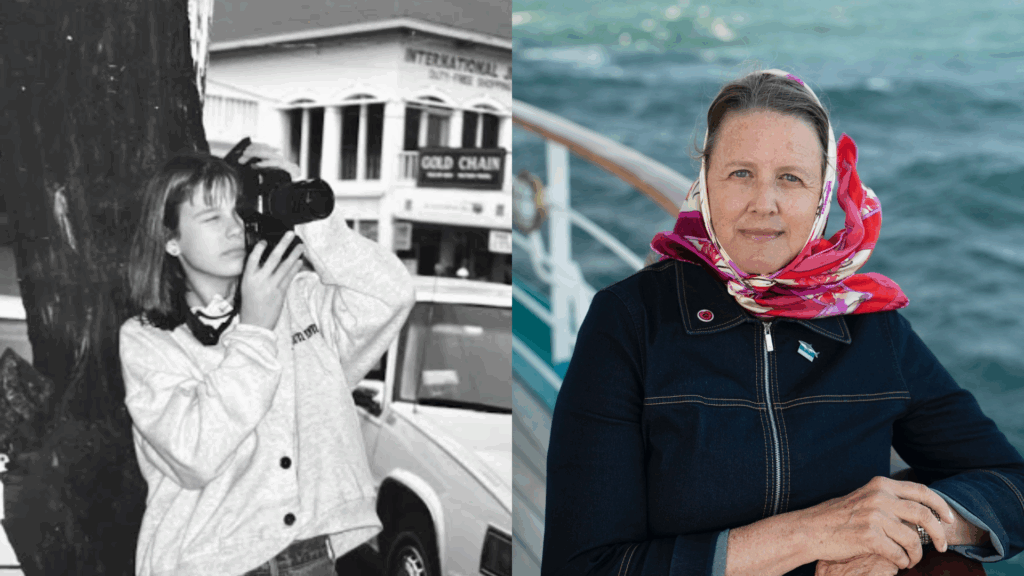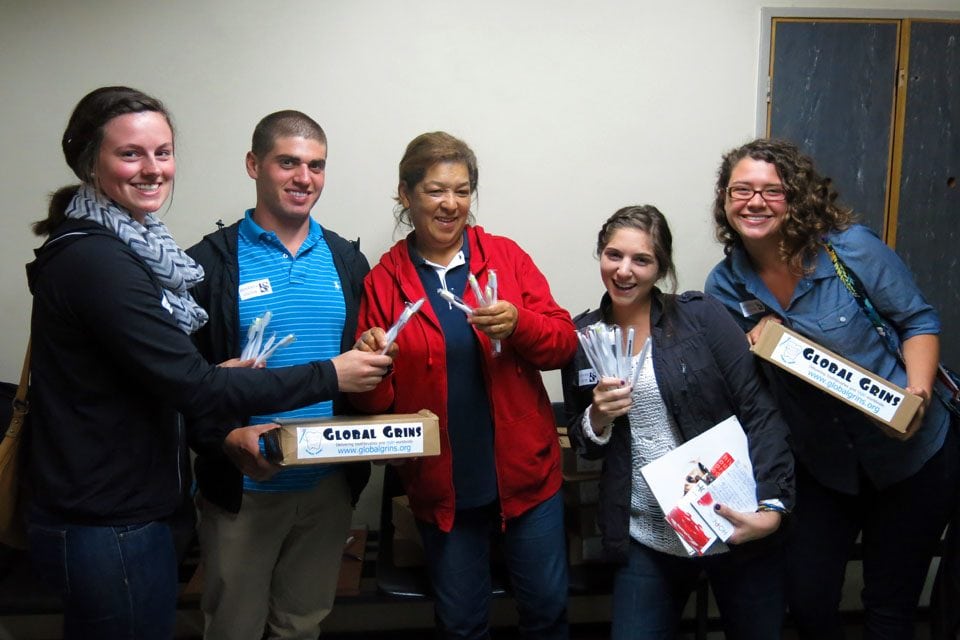
While seated in deep, cushioned chairs at the Tygerberg Hospital where the prime minister of Germany Angela Merkel once sat listening to the same presentation, SAS students took diligent notes as the charismatic director of the HOPE Cape Town, Rev Fr Stefan Hippler, discussed the biggest challenges of fighting HIV/AIDS in South Africa. The topic was of particular interest to Professor Iain Campbell’s pupils who have been studying the historical, logistical and ethical implications of managing major pandemic infectious diseases that have plagued mankind.
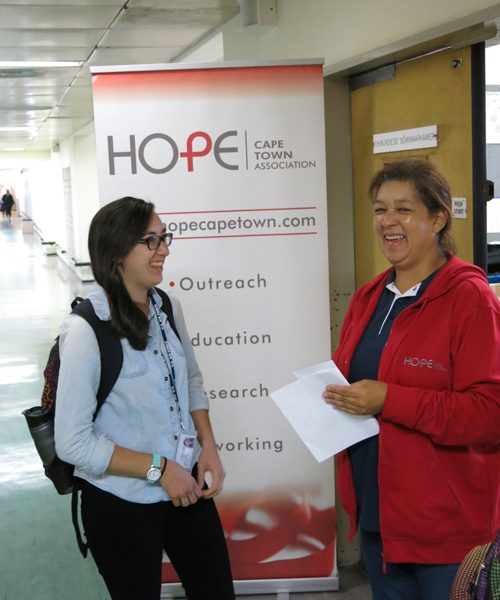
Hippler spoke at length about the remarkable and ambitious work that his non-profit organization, HOPE Cape Town, has done for the Western Cape Province of South Africa. By providing outreach, education and counseling at the community level which focuses on HIV/AIDS, Hippler and his staff hope to reverse troubling trends in South Africa.
As if Hippler had planned his speech around Campbell’s curricular goals, he touched on the historical, logistical and ethical challenges of HIV/AIDS in his country.
Historical
When Nelson Mandela became the president of South Africa in 1994 after 27 years in prison, he had big plans for his country. Unfortunately, HIV/AIDS prevention and treatment were not on his agenda. When he eventually stepped down as the president, he apologized to his country for not doing more about the pandemic.
The next president, Thabo Mbeki, assumed power in 1999, and his HIV/AIDS policies and agenda were not much better. He went as far to say that vitamins alone could cure the disease and that South Africa “deal[s] with problems in a South African way.”
By disregarding the severity of the problem, according to Hippler, high-ranking officials have essentially declared to their citizenry that the pandemic isn’t a public health concern. This implicit message in turn makes the goals of HOPE even more difficult to attain.
Ethical
Hippler wanted Campbell’s class to understand the interconnectedness between US policies, decisions made on moral grounds and the health of South Africa. An example was when President Ronald Reagan implied that HIV/AIDS was a “gay disease.” It is a misconception to think that this disease is only affecting a small population, according to Hippler. With time, if not properly managed, it will impact the whole global village.
You should always check if your political beliefs affect the socio-political needs of the world.
Logistical
These decisions made from afar, can directly impact Hippler’s organization. When the money stops coming from US charities, clinics have to shut down, release HIV/AIDS patients into world without their medications and the disease continues to spread.
Decisions in the US can effect us greatly. You keep me up at night.
For Daniel Vinnik of the University of Illinois Urbana (www.illinois.edu), the field lab was an extension of his coursework, but in a way he hadn’t anticipated. “Class time focuses more on the biological and medical aspects of diseases,” he said, “but our lecture in Tygerberg taught us about the cultural aspect of HIV/AIDS and why it was so hard to stop the spread of it throughout South Africa.”
[Hippler’s] discussion of the impacts of the government, the cultural stigmas associated with the disease and even the cultural difference of sexual relationships made a big difference in the way I looked at the AIDS epidemic.
Sarah Miller, who will be pursuing a MD/PhD after she graduates from the University of Rhode Island (www.uri.edu), has a particular interest in infectious diseases as a potential topic for her PhD dissertation.
[The field lab] complemented the basic knowledge of how the disease is transferred and affects the body that we received in class by giving it a very real application.
This field lab made it abundantly clear to Campbell’s class that the health of South Africa is inextricably connected with the decisions made by other governments on the other side of the world. Like so many other SAS voyagers, this real world knowledge will stay with them and help inform their own worldview after they disembark the MV Explorer and return home.
